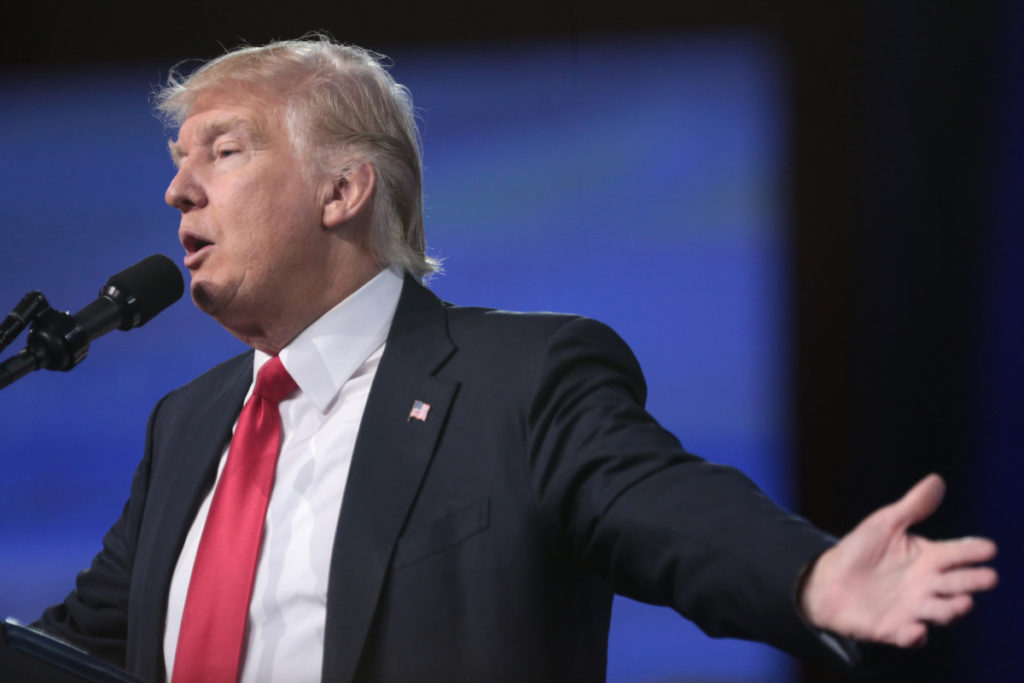Here’s what happens next if Donald Trump pulls the Brett Kavanaugh nomination

Donald Trump spent his deranged press conference today trying to defend Brett Kavanaugh while also trying to give himself an out if necessary. Trump hinted that if tomorrow’s testimony by Dr. Christine Blasey Ford goes poorly for Kavanaugh, he may need to move on to a “replacement” nominee. Even as we still face the question of if and when and how the Kavanaugh nomination will meet its demise, it also raises the important question of what will happen next if Trump does have to pull the nomination.
There are two questions here. The first is whether the GOP Senate would try to hurry up and ram through a replacement nominee before the midterms. The answer is probably yes, because Mitch McConnell and certain other Republican leaders seems to care about nothing but putting someone on the Supreme Court. But this would be fraught with problems, because the November elections are in just forty-one days.
This leads to the second question: could the GOP actually pull off confirming a replacement nominee? No matter how much Senate Republicans might try to hurry things, the process is still a long and complex one. Senate Democrats would only need to pull out a few stops in order to prevent the GOP from being able to vote before November 6th – and if the media starts accusing Democrats of “stalling” on yet another nominee, they can simply argue that due diligence is necessary in light of Trump’s disastrous Kavanaugh pick.
This could set up a situation in which the Republicans lose the Senate majority in the November election, but still maintain control of it through January. The GOP could try to hold a confirmation vote during the lame duck period. But this would be unprecedented, and could lead to the kind of public uproar not seen in modern American history.
